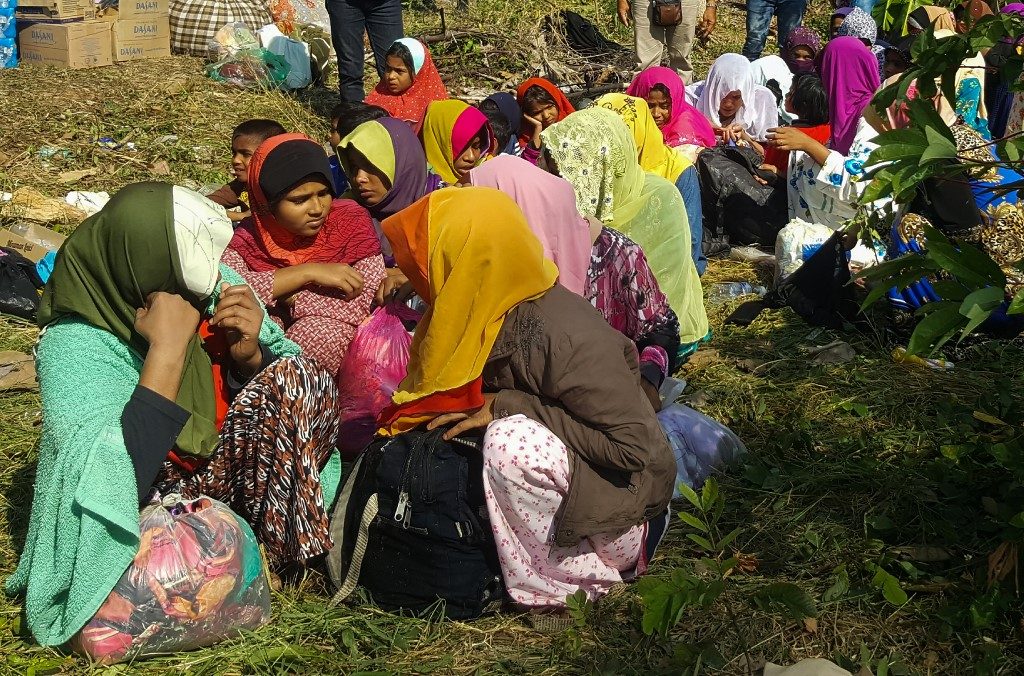SUMMARY
This is AI generated summarization, which may have errors. For context, always refer to the full article.

MANILA, Philippines – The United Nations Human Rights Office for Southeast Asia asserts the need for robust protection of the rights of all refugees, drawing attention to the idea that all are entitled to human rights.
In a statement marking World Refugee Day on Thursday, June 20, UN’s regional representative Cynthia Veliko said it is “imperative to bring to the forefront our shared values as human beings” in pushing for protection.
“Instead of a narrative founded on prejudice and fear, one based on our common principles of human rights, diversity, solidarity and humanity is urgently required to foster empathy and empower refugees, other migrants and the communities into which they arrive,” she said.
Amnesty International defines a refugees as persons who flee their home country and cannot or will not return due to conflict or fear of persecution.
Data from the United Nations High Commissioner for Refugees (UNHCR)’s 2018 Global Trends report states that the number of refugees or people forcibly displaced have increased to a staggering 70.8 million in 2018.
Specific in Southeast Asia is the Rohingya refugee crisis. Due to violence and serious human rights violations in Myanmar, at least 671,000 Rohingya fled Myanmar. (READ: The Rohingya and the port of last resort)
In need of humanitarian assistance and international protection, their situation remain dangerous as women and children, including newborn babies and the elderly remain the primary population among the refugees.
With the unabated climate of violence and exclusion, negative feedbacks to narratives of refugees persist along with the rising amount of terrorist and xenophobic assaults against them.
“Public narratives on migration and asylum often reflect the fact that foreigners are easy scapegoats for deep-seated fears about terrorism, crime and unemployment,” Veliko said.
“Such negative attitudes towards people on the move can result in significant barriers to their social inclusion, particularly when they are in irregular situations,” she added. – Rappler.com
Justin Francia is a Rappler intern. She is a graduating political science student at the University of the Philippines Manila.
Add a comment
How does this make you feel?
There are no comments yet. Add your comment to start the conversation.